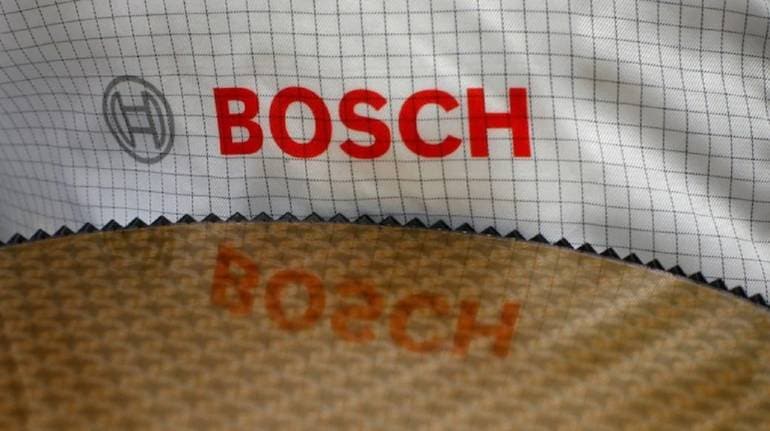



Germany's Bosch has formed a partnership with IBM to use quantum computing and simulation technology to find alternatives to the rare earths and metals needed for electric vehicles.
The minerals used in magnets in electric motors, membranes in fuel cells for hydrogen technology as well as in aerospace and defence are expensive and often mined in unsustainable ways.
China supplies 98% of European Union demand for magnets made from rare earths, and battery minerals lithium, nickel and cobalt are also almost entirely imported from abroad.
The research cooperation will use quantum computing to explore which different materials could partially or fully replace those currently used, Bosch's corporate research and development chief Thomas Kropf said. The aim is to achieve results within a decade.
"This technology is on the brink of becoming real," Stefan Hartung, chief executive of Bosch, said.
He added Bosch was sharing its experience in simulating materials with IBM for "very specific application areas" and in return would gain "deeper insights into the power and applicability of quantum computing including hardware".
Overall, Bosch is investing 10 billion euros ($10 billion) in digitalisation and connectivity by 2025, with new technologies focused on sustainability and mobility accounting for two-thirds.
Discover the latest Business News, Sensex, and Nifty updates. Obtain Personal Finance insights, tax queries, and expert opinions on Moneycontrol or download the Moneycontrol App to stay updated!
Find the best of Al News in one place, specially curated for you every weekend.
Stay on top of the latest tech trends and biggest startup news.